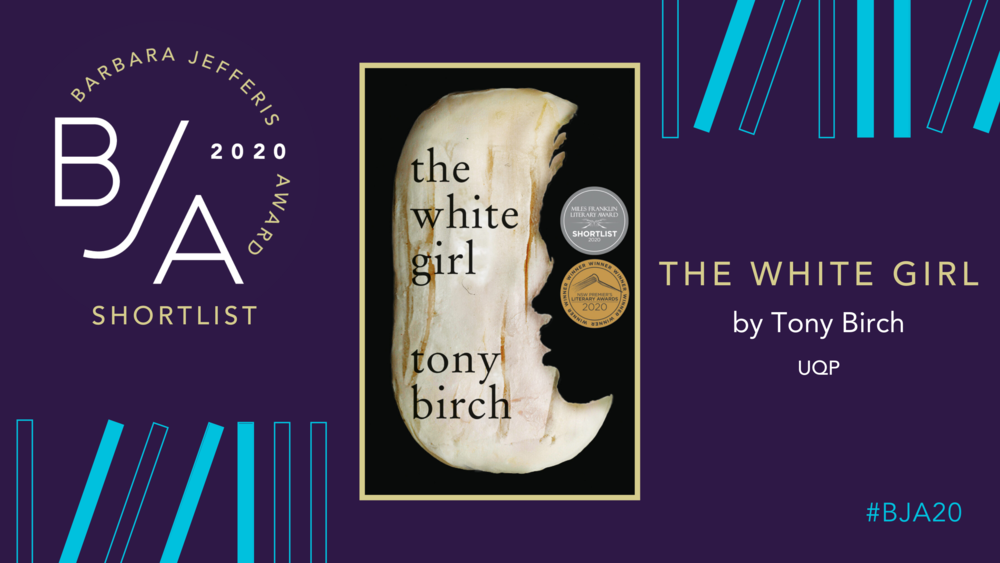8.10.20

Tony Birch on The White Girl, shortlisted for the 2020 Barbara Jefferis Award.
How did you start writing? Was it something you've always wanted to do, or was there a moment you made the decision: I want to be a writer?
I’d always enjoyed writing in school, particularly a subject titled ‘Composition’, which was all about storytelling. I come from a large family where telling stories around the table of a night was both valued and competitive. I have never made a decision that I wanted to be a writer. Until recently I had always worked full-time while writing, and being a writer is juggled with being many other things.
What inspired you to write The White Girl?
I wanted to write a book about a strong Aboriginal woman battling a system of institutional racism. The history that informs the story behind the novel is one that is not known beyond fragmentary detail. I hope that by focusing on the life of one woman and her granddaughter people may come to realise the terrible impact of child removal policies on Aboriginal communities.
In what ways do you think Odette and Sissy might be empowering figures for women and girls?
I would hope that people realise that empowerment can come through love. Despite the history of violence that surrounds them, Odette and Sissy survive and even thrive because of love, care and tenderness. Odette is a remarkably strong and dignified woman.
What was the most challenging thing about writing this book?
Writing the book was a joy. I wanted to be sure that I would be responsible to the characters, and I hoped that Aboriginal people, particularly women, who read the book would value the lives of Odette and Sissy as much as I have.
Which Australian authors have been influential for your writing?
There are so many. But to name just a few: Alexis Wright, Richard Flanagan, Kim Scott, Tara June Winch, Melissa Lucashenko, Favel Parrett and John Kinsella.
Keep up-to-date with ASA advocacy, support and advice
with our fortnightly newsletter.